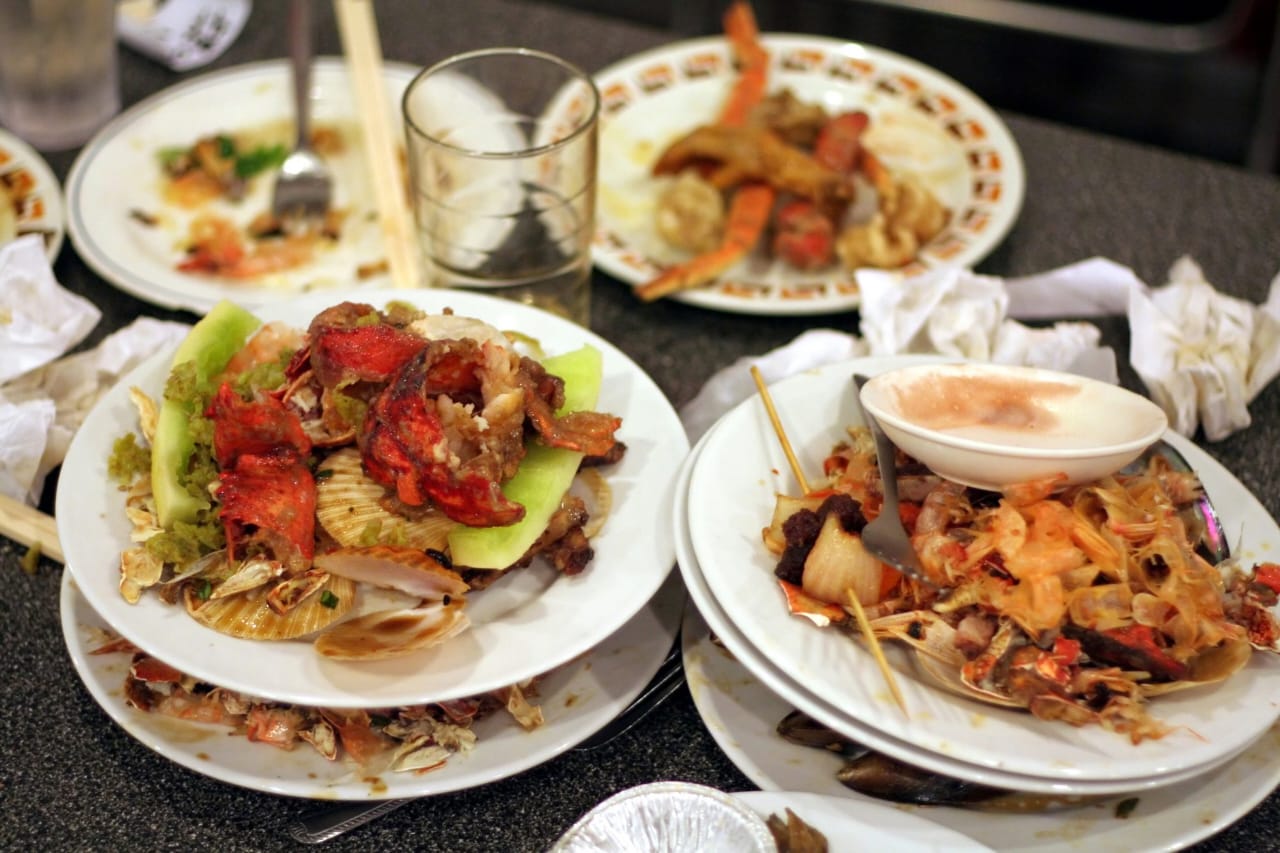Food waste is categorized as food that was originally produced for human consumption but got discarded. Most often, the public is confused with the terms food losses and food waste. Food losses mostly occur at the production level, post-harvest, and processing points of the food chain.
However, in the case of food waste, it occurs at the end of the food chain. Food waste as defined here is more directly linked with consumer behaviour.
Food waste is one of the most prevalent global challenges. In Ghana, the level of waste in recent times has not changed when compared to previous years. Aside from the household being the highest point of food waste, various events especially funerals and parties are the fast-emerging areas contributing to food waste.
A survey in different social events in the Southern parts of Ghana between 2017 and 2021 exposed how badly we still waste food. Food waste has become such a large problem that has not been effectively measured or studied.
It is therefore important to actively engage in public awareness of the negative effect of food waste on the environment and the economy. Yes, we can afford a budget of preparing different delicacies for our sympathizers at funerals, attendants of our engagement, wedding, and birthday parties but have we thought of how food waste can affect the environment?
Food waste at this point is typically driven by decisions made by consumers who consider quality, aesthetics, and/or safety standards, more especially when people are particular about their healthy eating habits these times.
Many consumers at these events, take more than they can eat and even carry food home at the slightest opportunity. In the end, food that was less patronized gets spoiled or those that were still edible are thrown away in bins mixed up with plastic materials.
A dialogue with caterers engaged for such events indicated that people who patronize their services keep amending meal plans and shopping lists based on what others are doing. Consumers, not limited to caterers often make inaccurate estimates of what and how many ingredients they will use.
Unplanned restaurant meals or food delivery can also lead to food at home going bad before it can be used. Expired packaged or canned food from retail wholesale, unfinished meals, or undercooked products in Ghana cannot be left out.
In the world, one-third of food produced for human consumption is wasted. The Food Waste Index Report in 2021 by the UN Environment Programme (UNEP) showed that consumers in the world waste over 931 million tonnes of food each year.
According to the Food Sustainability Index, 2017, every single person in Indonesia is responsible for 300 kg of waste per year. If this amount of waste is multiplied by the total population, the figure amounts to 87 million tonnes. Currently, China and India are the highest food waste countries.
As the population grows, food waste increases but with regular reminders and public advocacy, we can experience a dramatic reduction. Public awareness about food waste in the US has improved significantly over the last few years.
This is largely due to the efforts of organizations like the Ad Council and their Save the Food campaign. With the level of food waste in a developing country like Ghana with a population of about 31 million and limited data to effectively measure the index and their effect on the environment, and intentional positive attitude toward consuming exactly what we need can improve the situation over a period.
Sustainable Development Goal 12 encourages more sustainable consumption and production patterns through various measures, including specific policies and international agreements on the management of materials that are toxic to the environment.
It is refreshing to know that waste management companies and other research institutions in Ghana like the Zoomlion Waste Management company and the Biotechnology and Nuclear Agriculture Research Institute, GAEC are into composting from food and market waste.
But the big question is, what implemented policies on selective garbage and resources are available for these companies and institutions to rely on? How well are we educating the public to actively engage in selective garbage? Considering the fact that reducing food waste cannot be completely avoided, strict policies on disposing of them are very important.
Food waste when disposed of in landfills could be the vector of anthropogenic greenhouse gases such as methane and carbon dioxide which contributes to global warming and climate change. Food that ends up in landfills does not only come from social events. The source also could also be from caterers, restaurants, hotels, and school pantries which amounts to 8-10% of global greenhouse gas emissions.
US Environmental Protection Agency, “Sustainable Management of Food Basics,” EPA, 2017 indicated that about 5% of food is composted in the US and as a result, the uneaten food is the single largest component of municipal solid waste.
Also, natural resources such as land, freshwater, fossil fuels, and human resources are wasted. Consumer food waste has serious implications for energy usage. Taking into account the energy used along the food supply chain and in preparation, household food waste is responsible for about eight times the energy waste as that of social events (funerals and parties).
Consumers are encouraged to buy in smaller quantities to avoid wasting food and support recycling by practicing selective bin disposal. The quantity and composition of waste continue to increase on daily basis due to an increase in population and change in consumption patterns of societies.
However, we can build a positive attitude to seriously tackle issues concerning food waste and work towards achieving SDG 12.3 by 2030.
Be intentional about reducing food waste and remember that, as you waste food, someone out there is struggling to afford a meal.
Writer:
Dr. Stella Agyemang Duah

Research Scientist
Biotechnology and Nuclear Agriculture Research Institute, Ghana Atomic Energy Commission.





